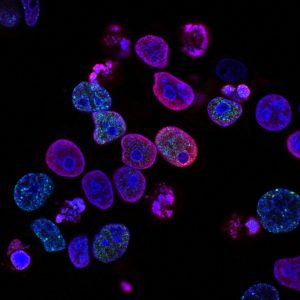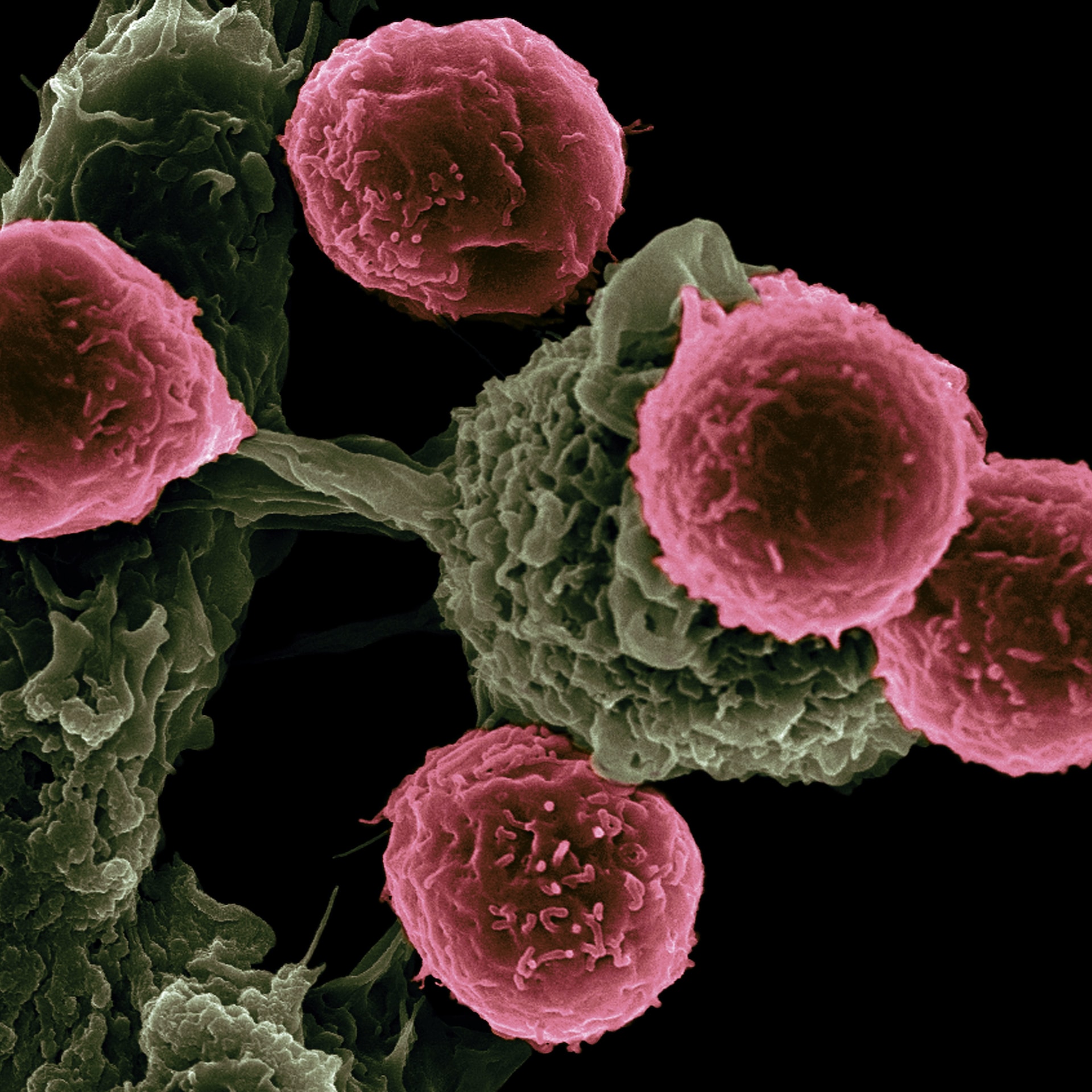Introduction: The World Health Organization’s Revelation
In a recent development, the World Health Organization (WHO) has released findings linking the popular artificial sweetener aspartame to a potential cancer risk. The food industry is alarmed by this news and it has made consumers concerned. This article explores what the study discovered, covers the disagreement about aspartame, and offers helpful facts for you to consider before using any sweeteners.
Unveiling the Study Findings: Aspartame and Cancer Risk
Aspartame sweetener’s link to various types of cancer was examined in the WHO study. The results indicate a potential connection, specifically for certain cancers like leukemia and lymphoma. Although the study findings are worrisome, we still need more research to confirm if aspartame really leads to cancer.

The Controversy Surrounding Aspartame
For a while now, people have been debating and examining aspartame. While experts say it’s okay to have, some folks are worried that there might be some bad effects on our health. Several studies have implied correlations with neurological disorders, metabolic disorders, and currently, the highlighted possibility of developing cancer according to the WHO study. However, it is crucial to approach the controversy with a balanced perspective, considering the overall body of evidence and expert opinions.
Understanding the Potential Risk: What You Need to Know
It’s really important to grasp the possible dangers associated with aspartame in relation to our overall eating habits and way of life. The study conducted by WHO suggests that there may be a relationship between consuming aspartame and cancer, but it doesn’t determine if aspartame actually causes cancer. Aside from genetic predisposition, cancer can be affected by lifestyle decisions and overall eating habits. Therefore, it is crucial to consider these factors alongside aspartame consumption when assessing individual risk.
Making Informed Choices: Alternatives and Recommendations
For individuals concerned about the potential risk associated with aspartame, there are alternative sweeteners available. Sweeteners like stevia, erythritol, and monk fruit extract are natural options that provide a less risky sweetening choice for our health. Additionally, choosing whole foods and minimizing processed foods in your diet is beneficial for overall health since it helps decrease the amount of sugar and sweeteners consumed. It’s a smart choice to consult with healthcare professionals or registered dietitians so they can provide personalized guidance that considers your health conditions and dietary needs.
Conclusion: Navigating the Aspartame Controversy
The WHO’s revelation regarding the potential cancer risk associated with aspartame sweetener raises important concerns for consumers. Though the study findings are noteworthy, we should interpret them by taking into account other scientific research and individual lifestyle decisions. The consumption of aspartame alone may not be the single factor that decides if someone will get cancer. A comprehensive approach to health, including a balanced diet, regular exercise, and overall lifestyle choices, remains key. Stay updated about important information, consult reliable sources of knowledge, and make choices that suit your health goals and preferences.
Research and rules from organizations will give us more information on how safe aspartame is. While we’re waiting, it’s good to think about what we eat and not have too much sugar, which can make our lives healthier and more balanced.










